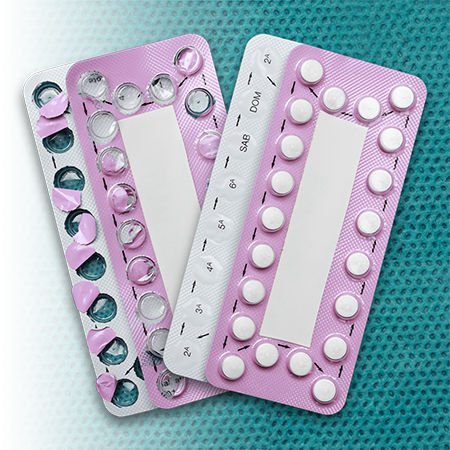Women's fertility
Most women reach their peak reproductive abilities in their late twenties. A woman's fertility then decreases as she ages. The closer she is to menopause, the lower her chances of becoming pregnant. However, the risk of pregnancy remains as long as menopause has not been reached.
Menopause is the stage of life where hormonal changes mark the end of ovulation and menstruation. It usually occurs between the ages of 46 and 54, but can sometimes occur earlier (in the early forties). A woman is considered to be menopausal when she hasn't been menstruated for more than a year.
The period preceding menopause is called perimenopause. The menstrual cycle becomes irregular and menstruation lasts for a shorter time. During this time, a women must use contraception to ensure that she does not become pregnant if she is sexually active.


